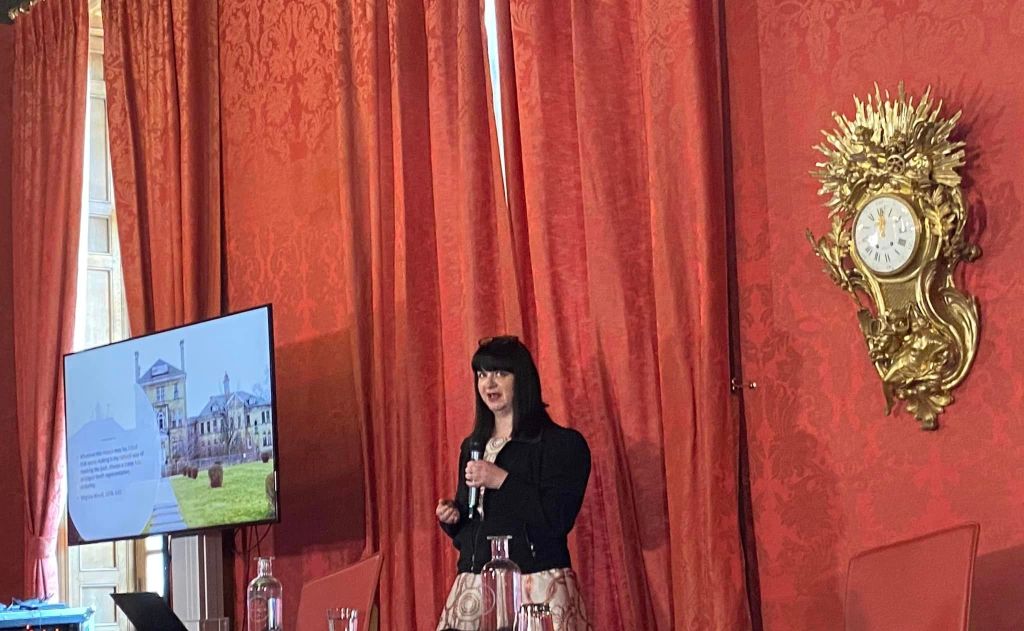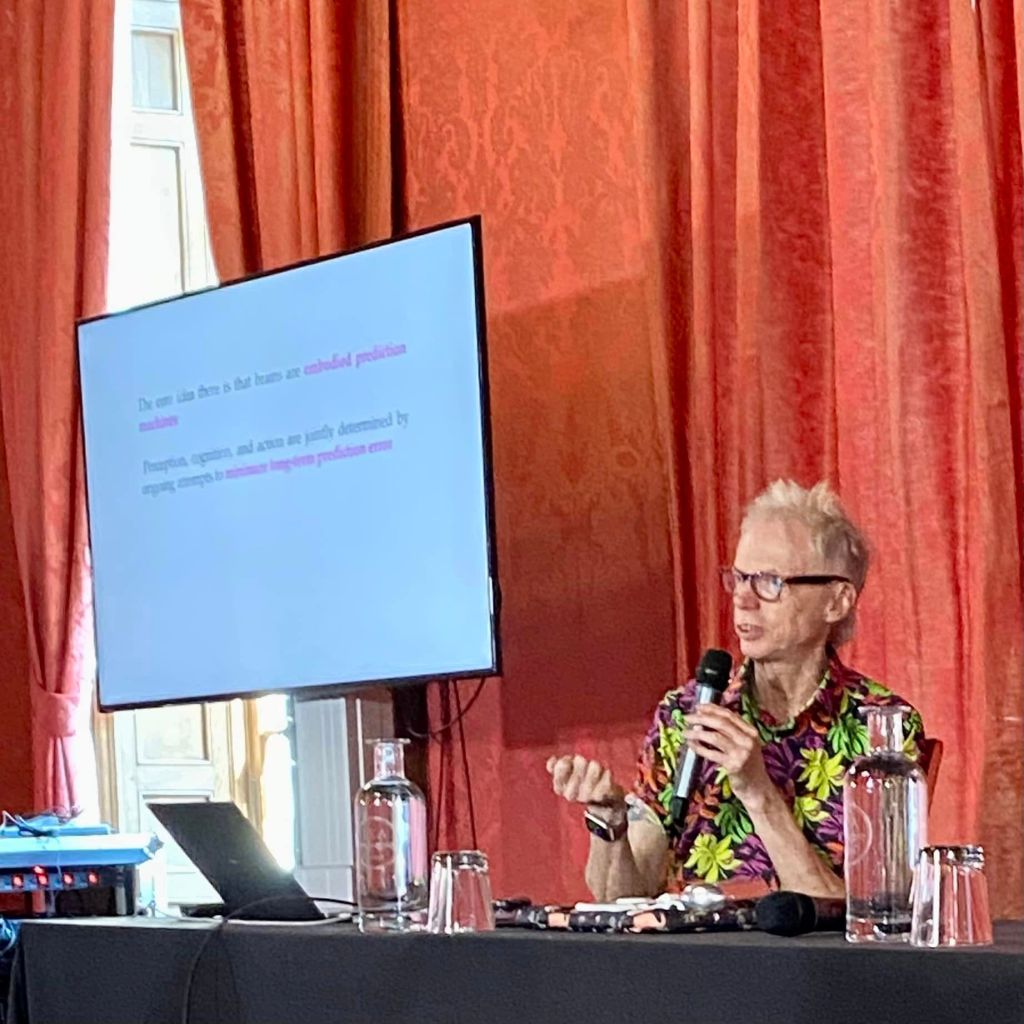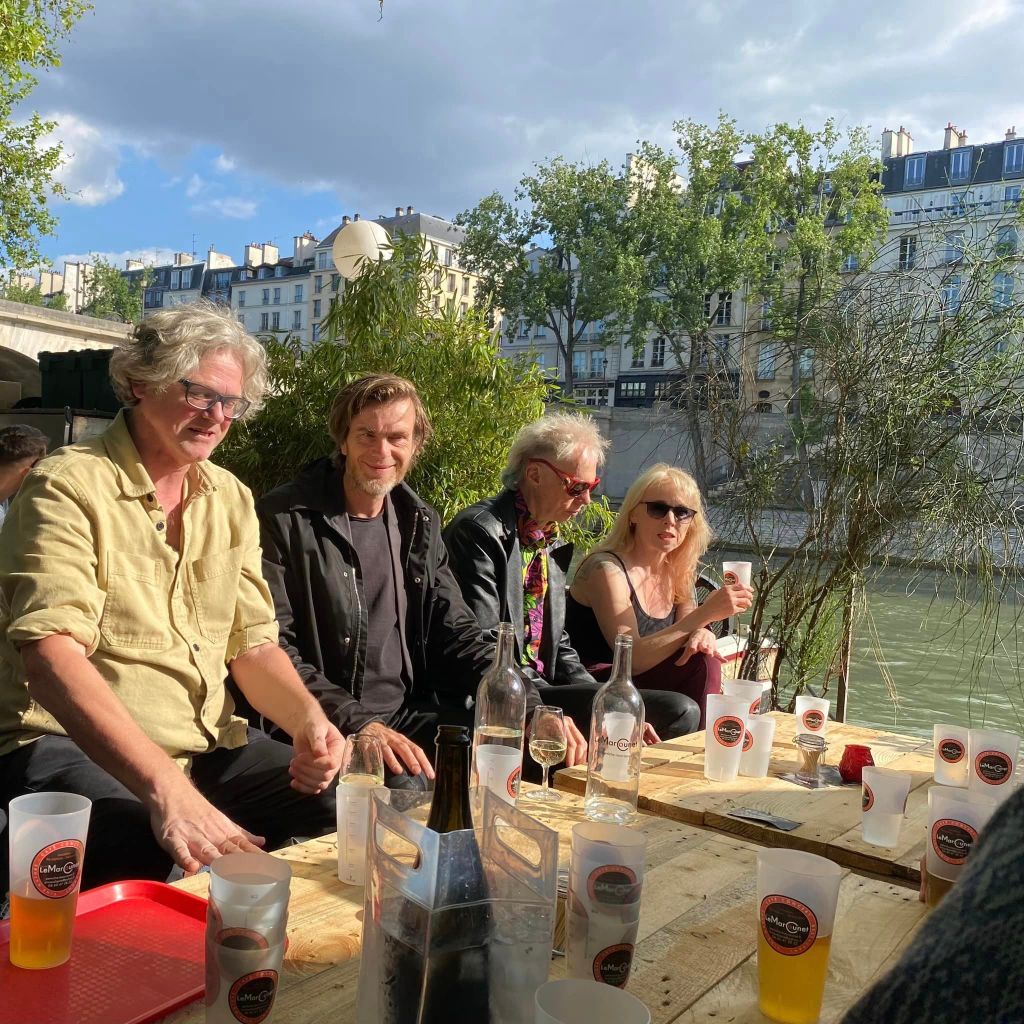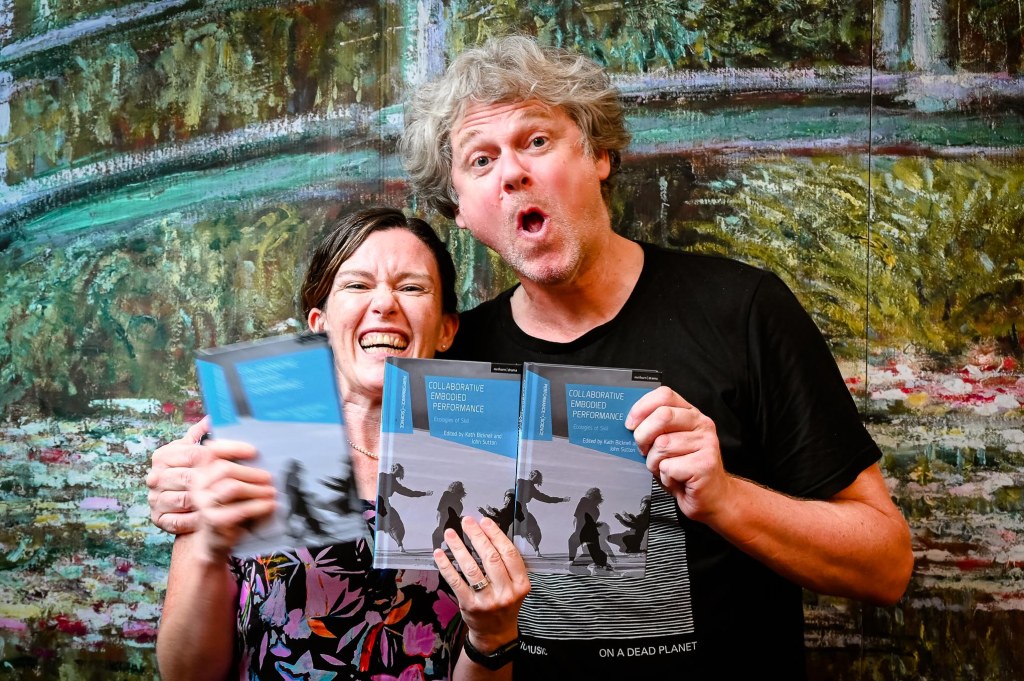
I’m John Sutton and I am a cognitive philosopher, working on memory and skill. I am Leverhulme International Professor at the University of Stirling in Scotland, and as Principal Investigator I am Director of the new Centre for the Sciences of Place and Memory (sign up there to receive future info).
Here is a list of my publications. You can find open-access copies of almost all on this website via the ‘publications‘ page. Here is a copy of my academic CV as at September 2024 (excluding publications).
I am also Emeritus Professor of Philosophy and Cognitive Science at Macquarie University in Sydney, Australia, where I worked until 2021. In 2022-23, I was a Fellow at the Institute for Advanced Study in Paris, working with the ‘Brain, Culture, and Society‘ program in their theme ‘City Design and the Brain: a dialogue between architecture and neuroscience’, on ‘Place and Memory: cognitive ecologies of the city’, collaborating with sociologist of urban memory Sarah Gensburger and others in the amazing Paris scene.
On May 16-17, 2023, I organized a workshop at the Paris IAS, on ‘Memory, Place, and Material Culture‘. Here is the workshop brochure and program. Our fabulous speakers drew on evidence from archaeology, architecture, art, neuroscience, performance, philosophy, and sociology to open up new questions about the nature of bodily and affective orientation as people navigate places and the past together. All the talks are online here, enjoy!



Collaborative Embodied Performance: ecologies of skill, a volume of essays on joint intelligence in action that I edited with Kath Bicknell, came out in 2022, and in paperback in 2023. Read our preface and introduction!

I work in the philosophy of mind, cognition, and action, in cognitive psychology, and in the interdisciplinary cognitive humanities. My research topics are autobiographical and collaborative memory, embodied memory and skilled movement, distributed cognition, and cognitive history.
I try to bring humanities, social sciences, and cognitive sciences together, and to integrate conceptual, ethnographic, and experimental methods. The hope is to be driven by topic not tradition. I am wildly lucky to work with fabulous collaborators and students. You can find my CV here.

I’m also part of a great team, led by Agustin Fuentes and Greg Downey, on a neat new Templeton project ‘Concepts as a Dynamic Assemblage: cultural evolution and the human way of being’.
Here is a sampler of my recent papers – I’d love to hear comments! All my writings are here.
1) John Sutton and Kath Bicknell, ‘Introduction: the situated intelligence of collaborative skills‘, in Bicknell & Sutton (Eds.), Collaborative Embodied Performance: ecologies of skill (pp. 1-18). London: Bloomsbury.
2) John Sutton and Gerard O’Brien (2023). Distributed traces and the causal theory of constructive memory. In André Sant’Anna, Christopher Jude McCarroll, and Kourken Michaelian (eds), Current Controversies in Philosophy of Memory. London: Routledge.
3) McArthur Henare Mingon and John Sutton (2021). Why robots can’t haka: skilled performance and embodied knowledge in the Maori haka. Synthese, Special issue, Minds in Skilled Performance.
4) John Sutton and Kath Bicknell (2020). Embodied experience in the cognitive ecologies of skilled performance (final draft only). In Ellen Fridland and Carlotta Pavese (eds), The Routledge Handbook of the Philosophy of Skill and Expertise (pp. 194-205). London: Routledge.
5) John Sutton (2020). Personal memory, the scaffolded mind, and cognitive change in the Neolithic (final draft only). In Ian Hodder (ed), Consciousness, Creativity and Self at the Dawn of Settled Life: the test case of Çatalhöyük (pp. 209-229). Cambridge: Cambridge University Press.
6) Wayne Christensen, John Sutton, and Kath Bicknell (2019). Memory systems and the control of skilled action. Philosophical Psychology 32 (5), 693-719.
7) Karen Pearlman, John MacKay, & John Sutton (2018). Creative editing: Svilova and Vertov’s distributed cognition. Apparatus: film, media, and digital cultures in Central and Eastern Europe, 6.
I was elected a Fellow of the Australian Academy of Humanities in 2015. I was an Adjunct Executive Director at the ARC (Australian Research Council), across Humanities & Creative Arts and Social, Behavioural, & Economic Sciences, for a year in 2022-2023. I was first President (2017-2019) of the ASPP, the Australasian Society for Philosophy and Psychology, and at Macquarie University I was Director of CEPET, the Centre for Elite Performance, Expertise, and Training, 2019-2021.
For a taste of the way I approach memory, mind, and skill, see my 2009 paper on the film *Memento*: ‘The Feel of the world: exograms, habits, and the confusion of types of memory’.
This video on collaborative remembering is a brief and easy-to-follow overview of the research area I investigate with Amanda Barnier and Celia Harris.
Watch my lecture ‘Memory as a test case for distributed cognition’ (64 mins) for a more in-depth introduction to my work.
